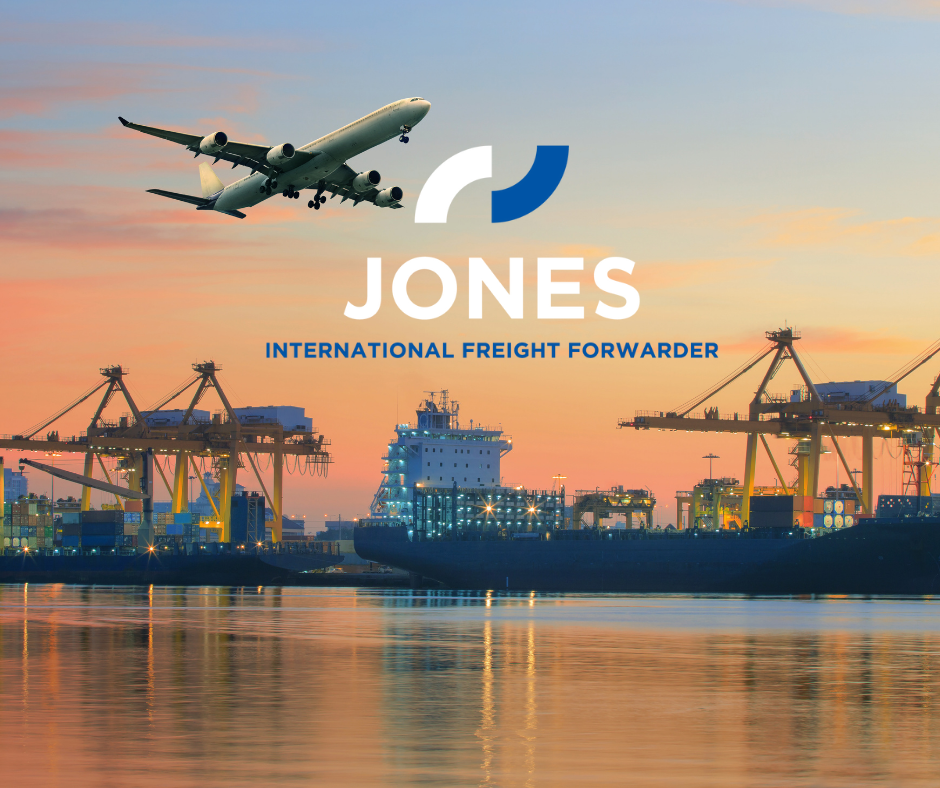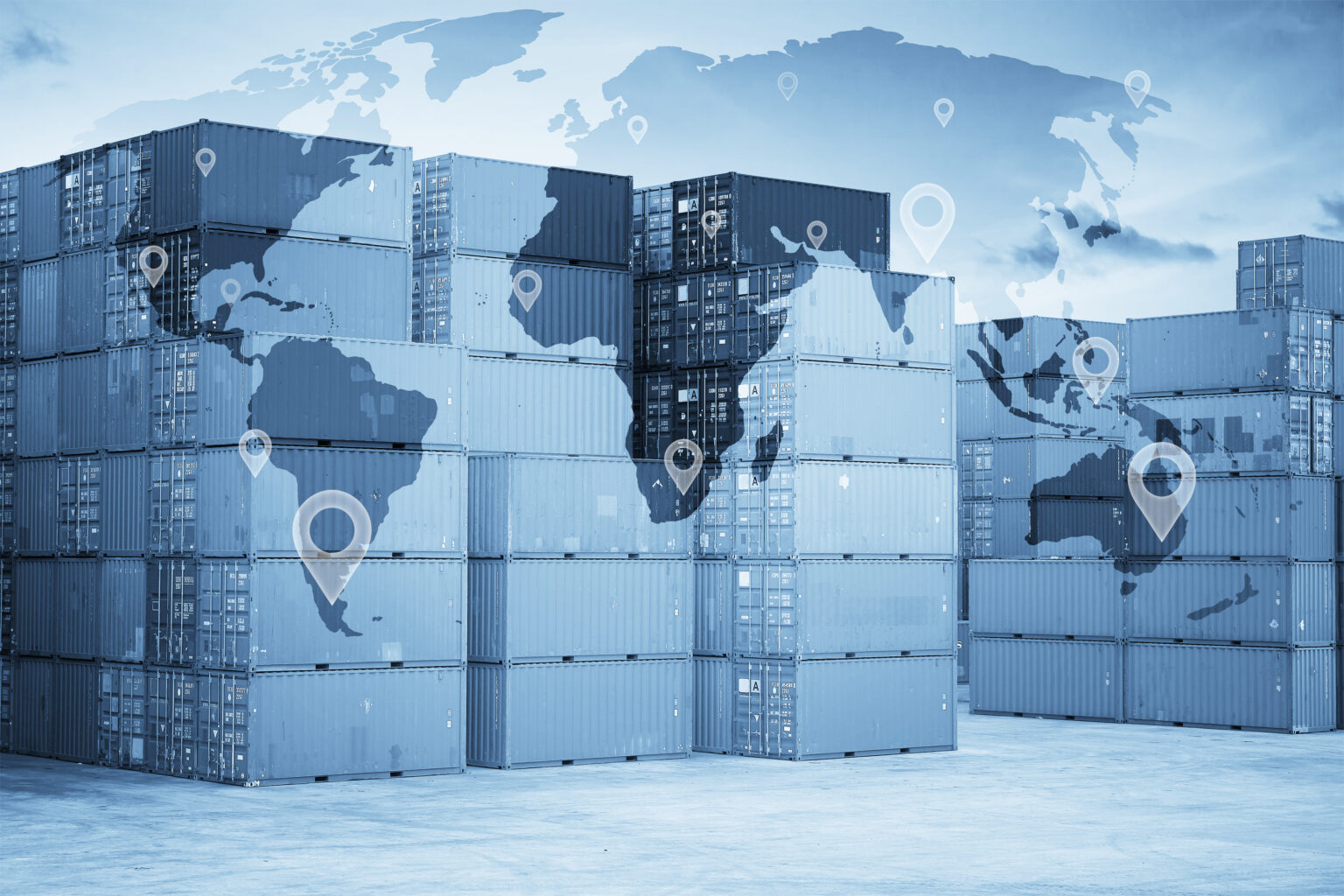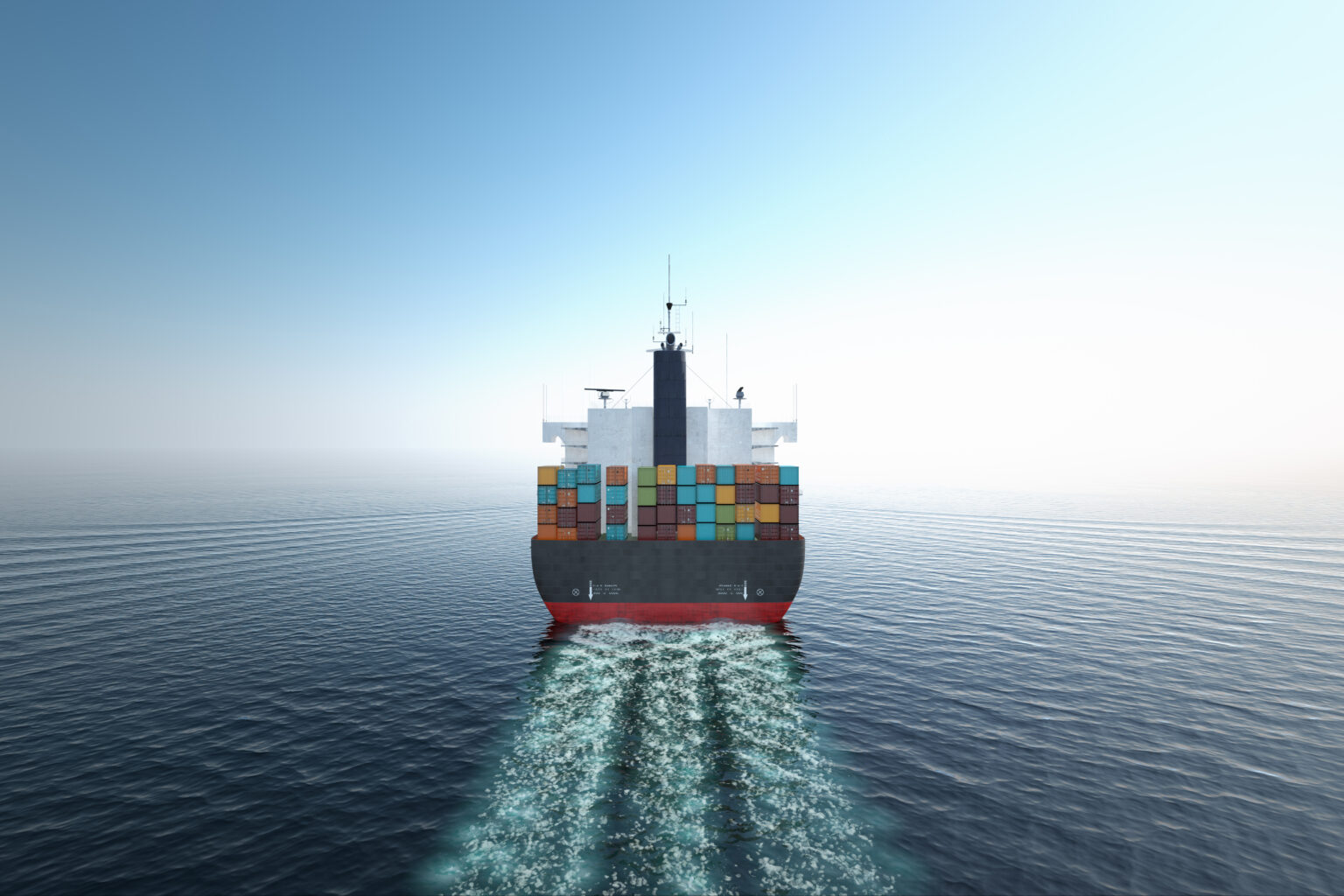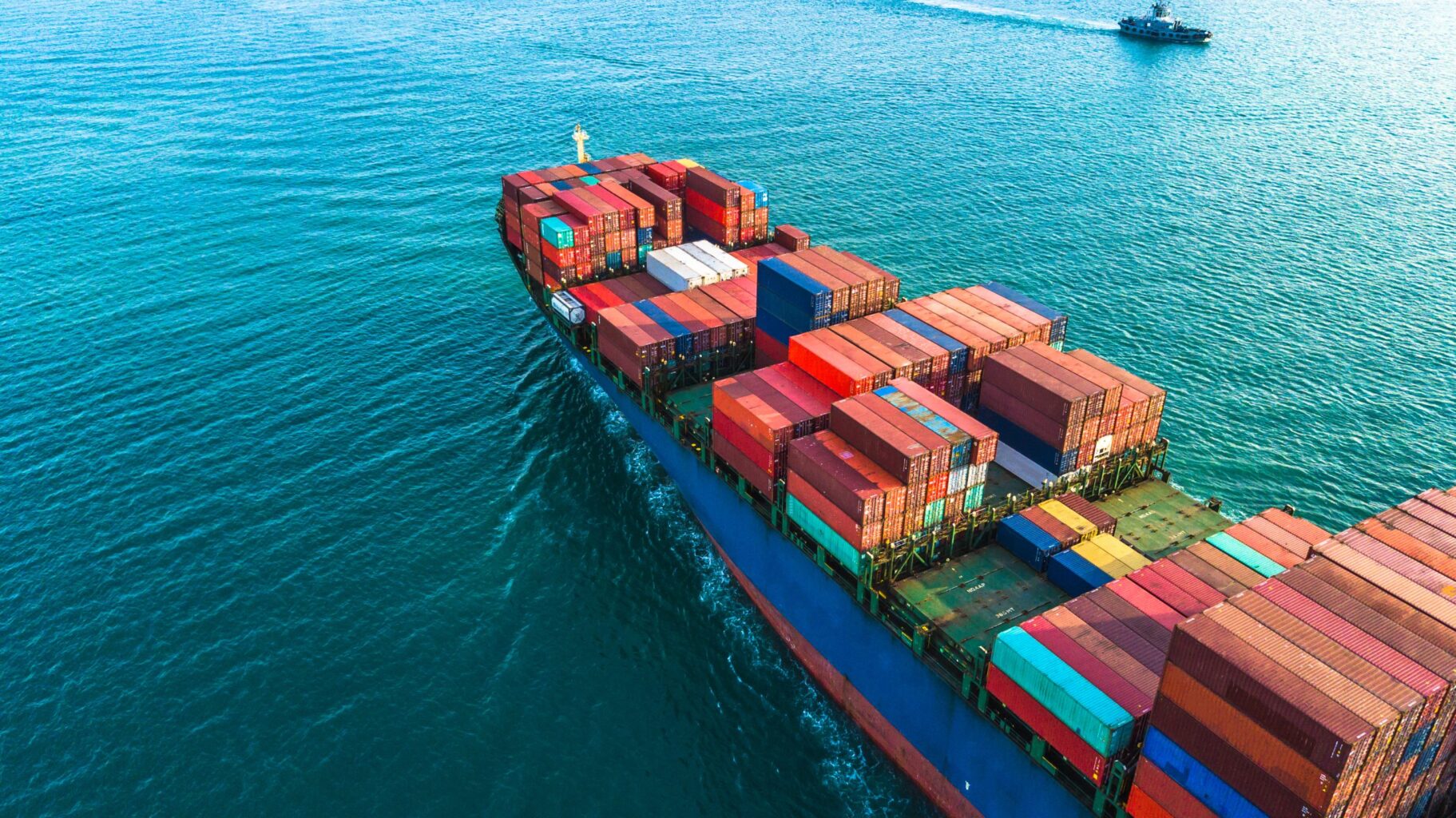28/10/2021
Understanding Incoterms and their complexities to facilitate your transactions
Summary
All import and export activities include the important notion of Incoterms. To make the right decisions, you should understand this complex aspect, as it will define, among other things, how your goods are transported. Contacting the experts at Jones will provide you with peace of mind, because they will help you make the right choices. Consult our section on Incoterms today and sleep tight … we’ll take care of everything!
INCOTERMS
As an international freight forwarder, we work with Incoterms on a daily basis. Following is a general overview: their usage, their importance, what to pay particular attention to, etc. The rules of international transport are complex and the best advice we can give you is to surround yourself with competent partners who are experienced with your activity sector.
1. What are Incoterms?
All official terms used to define the rights and obligations of buyers and sellers involved in international and domestic exchanges are called Incoterms (contraction of the terms "international", "commercial" and "terms"). They are used to avoid any misunderstandings between the parties involved in a transaction. They are designated by an abbreviation, which consists of three letters followed by the exact place where the negotiated agreement will apply. This is an extremely important notion.
FCA, FOB, CIP, CPT and DAT, for example, are all Incoterms that have completely different meanings, which should not be taken lightly. The most important thing to remember is that Incoterms make it possible to clearly mark your transaction with regard to the following elements:
- Responsibility
- Transfer of risk
- Insurance
- Documentation
- Cost
This is how accountability is determined throughout the transport chain: who is responsible for what, to what extent, from where and when. Regardless of the means of transportation, they are part of the sales contract, and are irrevocable once signed. One cannot be too careful about this part of the transaction. Inadequate understanding of Incoterms, or a laissez-faire approach to these can have disastrous consequences.
2. Practical examples of Incoterm usage
Example 1
Your transaction has been concluded: let's say that your merchandise will be shipped from Montreal, by sea, to Shanghai, and the roles will be distributed according to Incoterm: CIP-Shanghai-2010 Incoterms®. CIP stands for Carriage and Insurance Paid to, Port Shanghai represents the place where the rule will apply, and Incoterms® 2010 refers to the regulations that came into force on 1 January 2011.
According to this Incoterm, the seller included, in his commercial invoice, the price of the goods, the cost of transport to the port of Shanghai, and cargo insurance. That's all. The transfer of ownership risk from the seller to the buyer takes place from the moment the goods are handed over to the first carrier (in this case, this will happen at the Port of Montreal).
However, the seller, who is also responsible for producing all the documentation, pays the insurance, valid until the port of Shanghai. Generally, payment of a CIP is made at the port of arrival.
It is important to differentiate risk transfer, which is one of the factors determined by Incoterms, and the transfer of ownership, which takes place when the payment is made or according to whatever has been negotiated. Transfer of ownership is not defined by Incoterms.
Example 2
Here's another example of how important it is to know what the Incoterms you will be working with involves: FCA-Port Montreal-Incoterms® 2010: Free Carrier.
Here, the seller takes on all formalities, export costs, duties and taxes related to the transaction, and turns over the goods to the carrier designated and paid by the buyer. It is at this stage that the transfer of risk takes place, meaning that the seller's responsibility in terms of costs and risks ends. Hence, the buyer assumes responsibility for the transport to the final destination.
In this example, the buyer is in control of the logostics chain. The seller has every incentive to ensure that an agreement has been reached with respect to payment, or to receive payment before releasing the goods if he wants to be paid reasonably quickly... or even simply obtaining payment.
3. When should I be particularly vigilant with Incoterms?
Over time, when working with a regular customer, an international freight forwarder eventually becomes familiar with his client, and on both sides, some things become routine. We know that with a particular customer, cargo always goes through the same port, we know the type of insurance required, the deadlines to be met, and so on. In other cases, however, particular attention must be paid to Incoterms. Here are some examples, which apply to sea, air or land freight:
- An initial transaction with a new customer
- Transportation of a sensitive product (e.g. frozen blueberries)
- Freight transport in certain countries where conditions are more difficult
Should you remain responsible for the cargo until final delivery? Would it be preferable to end the seller's responsibility as soon as the cargo is loaded onto the boat? How do we know if we are adequately insured, in either case? Did you know that in many cases, ownership is not transferred at the same time as risk? What does all this mean, in real terms?
When so many questions need to be considered, it is normal to feel lost. That's why the services of an experienced international freight forwarder will often make all the difference, avoid unpleasant surprises and allow you to carry out your import or export business activities with peace of mind.
4. List of 2010 Incoterms and summary table
Download our Incoterms summary table to see different scenarios.
Below is a list of Incoterms and a brief summary of their meaning.
INCOTERMS - ALL MODES OF TRANSPORTATIONS
- EXW: Ex Works, cargo available at the factory exit, not loaded and not cleared through customs.
- FCA: Free Carrier, cargo has cleared export customs and has been loaded in the country of departure, by the seller, or at the buyer's carrier's facilities.
- CPT: Carriage Paid To, delivery to the buyer's first carrier, costs paid by the seller up to unloading, no transport insurance.
- CIP: Carriage and Insurance Paid To, delivery to first carrier, seller has paid up to unloading, including cargo insurance purchased by seller, covering buyer.
- DAT: Delivered At Terminal, freight (unloaded) delivered to the dock at a designated maritime, river, air, road or rail terminal (import and post-shipment custom fees paid by the buyer).
- DAP: Delivered At Place, cargo made available to the buyer in the country of import at the place specified in the contract, and import customs clearance paid by the buyer.
- DDP: Delivered Duty Paid, goods delivered to final destination, import customs clearance and taxes payable by the seller; the buyer only assumes responsibility for unloading.
INCOTERMS - SEA FREIGHT ONLY
- FAS: Free Alongside Ship, cargo on the dock at port of departure.
- FOB: Free On Board, cargo loaded onto ship; loading costs are based on the liner term indicated by the shipping company.
- CFR: Cost and Freight, cargo is loaded onto ship, delivery to the port of departure, costs paid to the port of arrival, no transport insurance, not unloaded from the ship at destination (unloading costs included or not, according to liner term).
- CIF: Cost, Insurance and Freight, cargo loaded onto ship, charges paid to the port of arrival, cargo insurance purchased by seller, covering buyer.

You may also like...
Our team looks forward to working with you.







